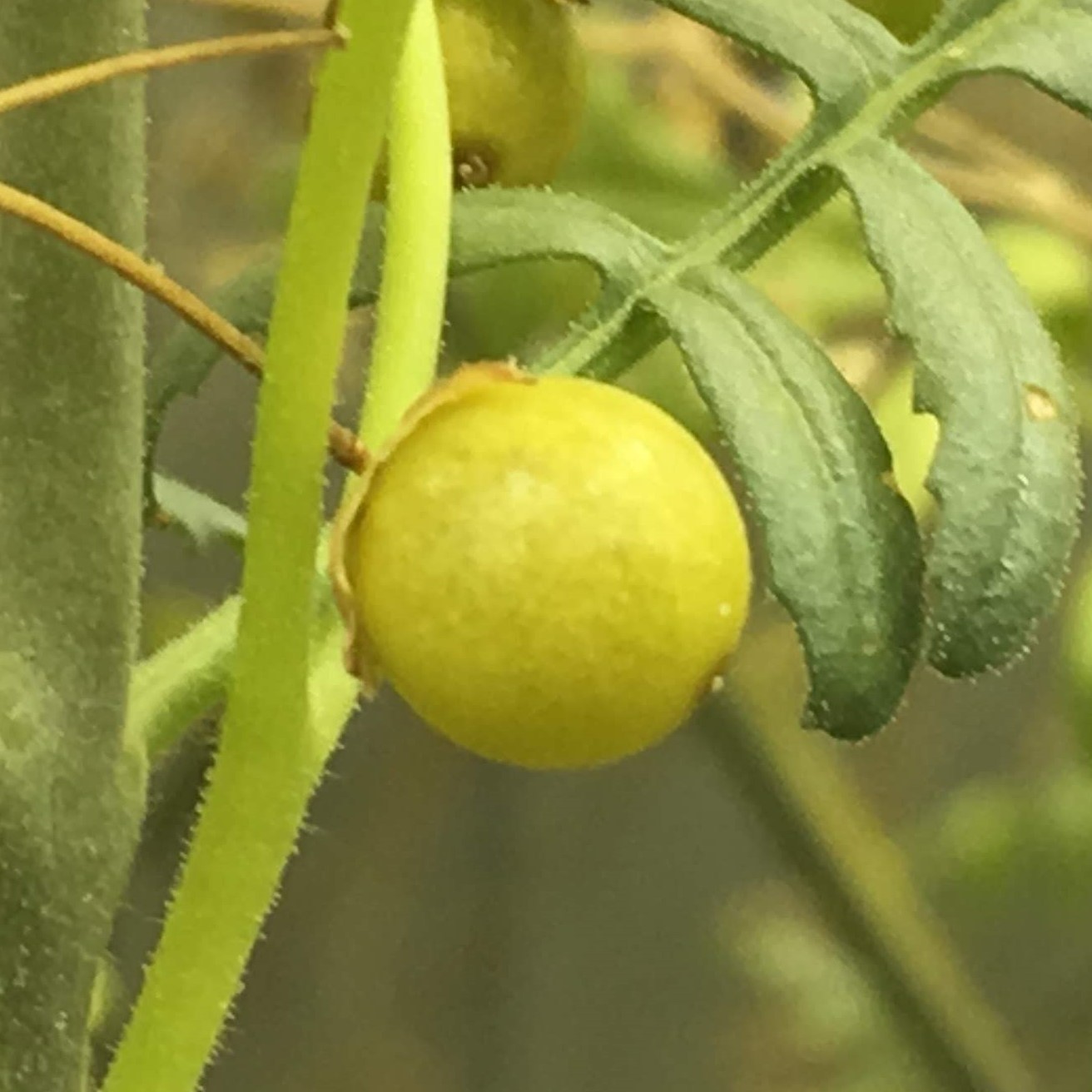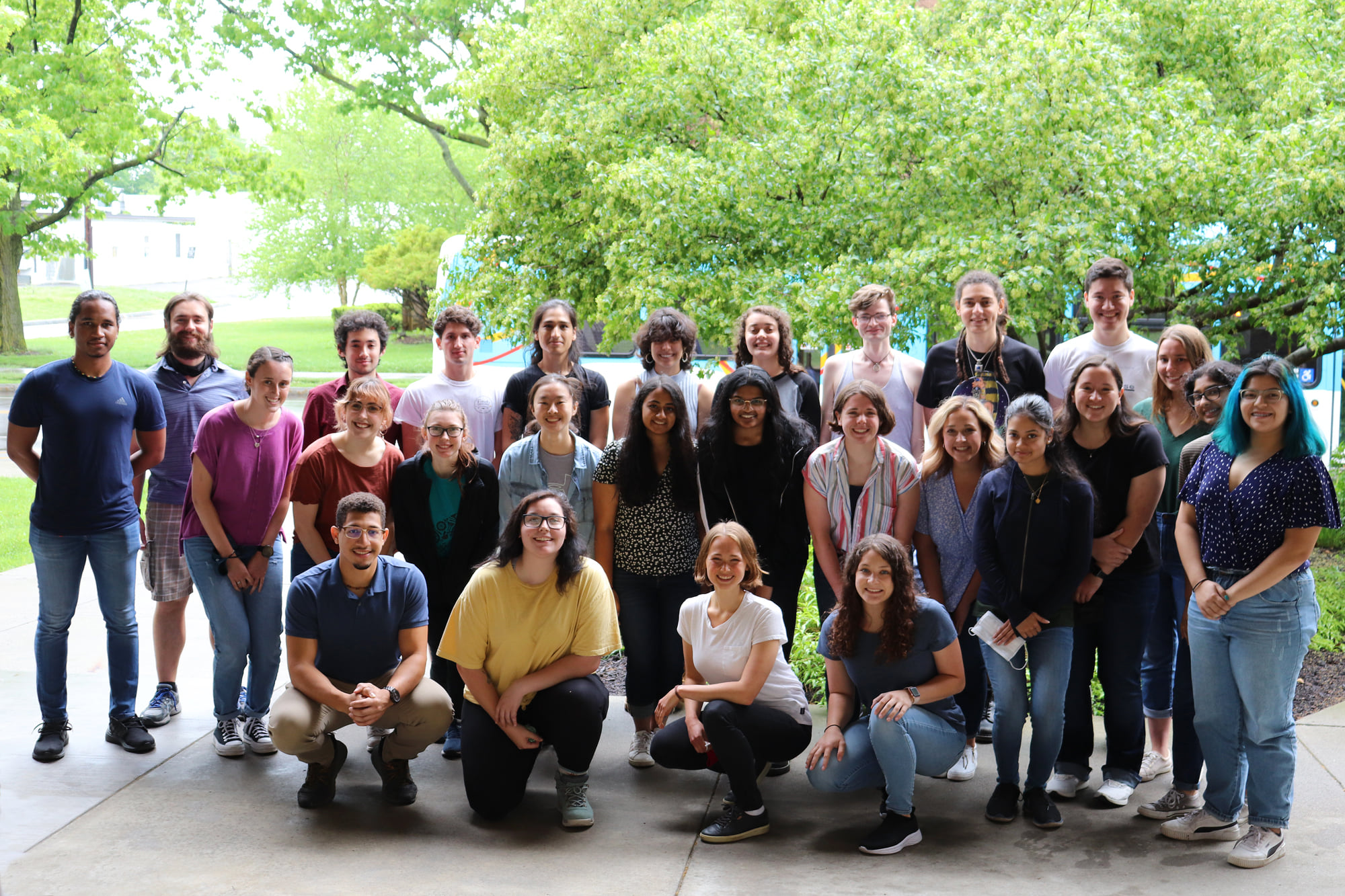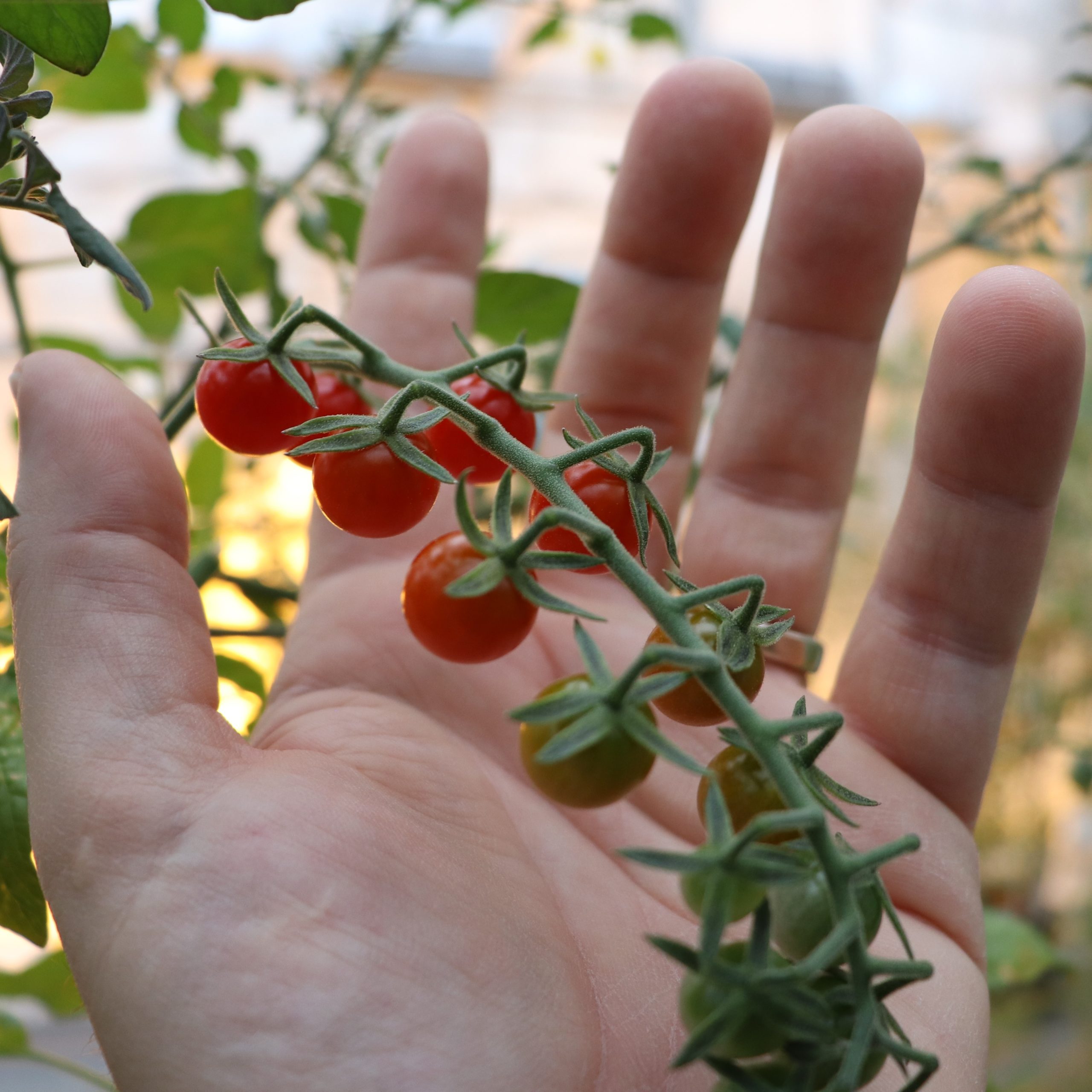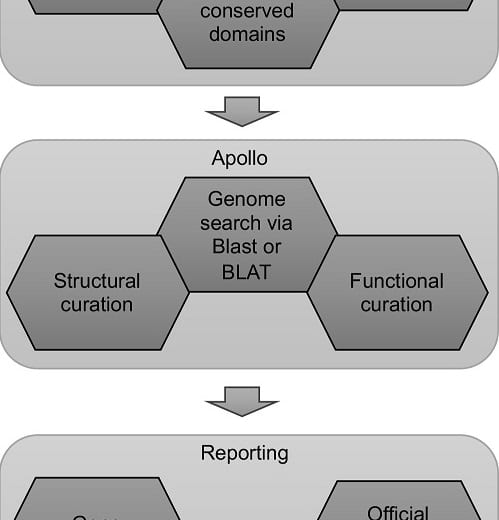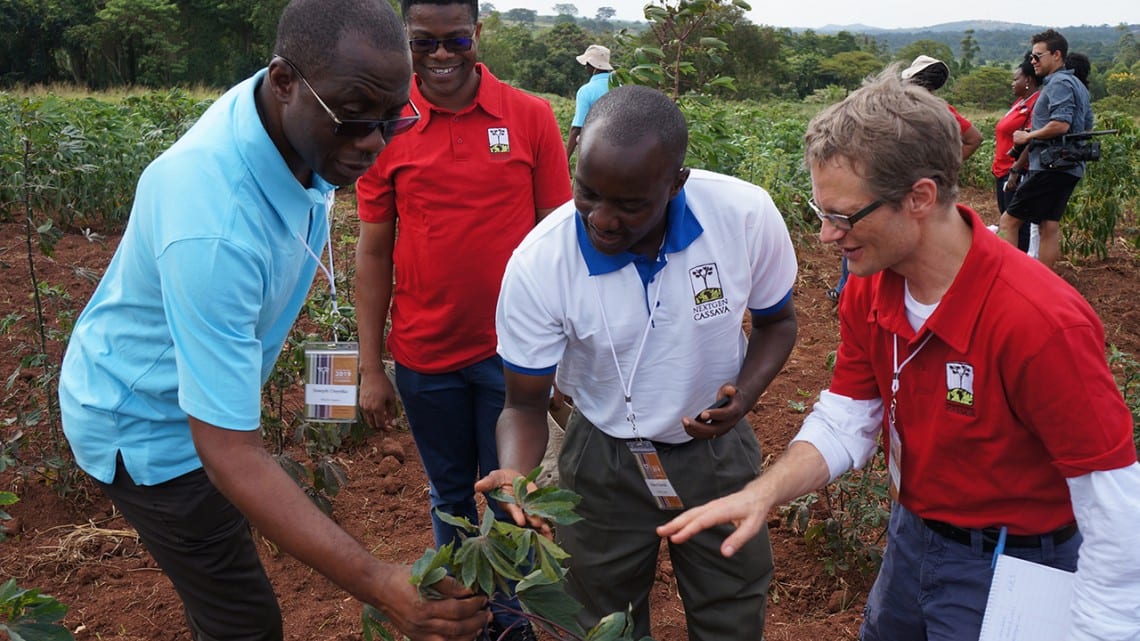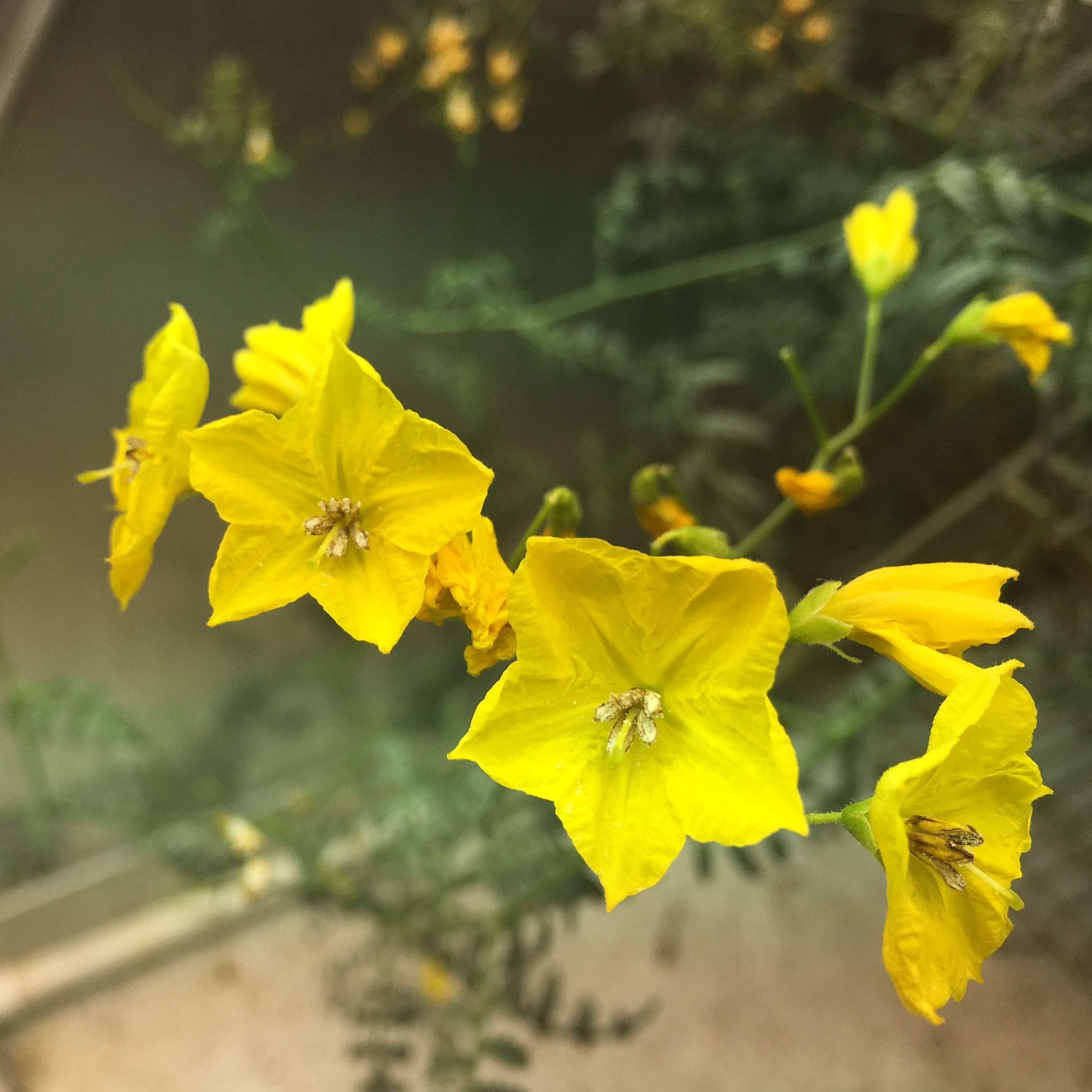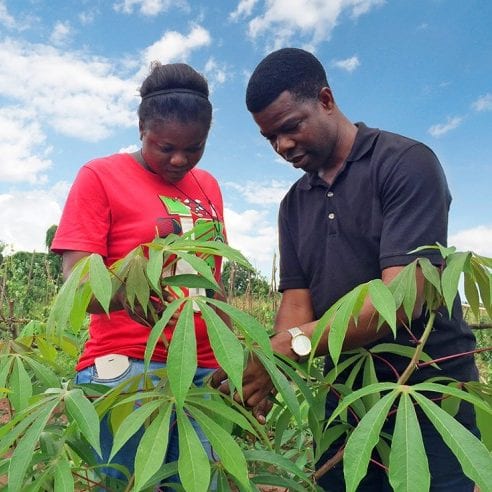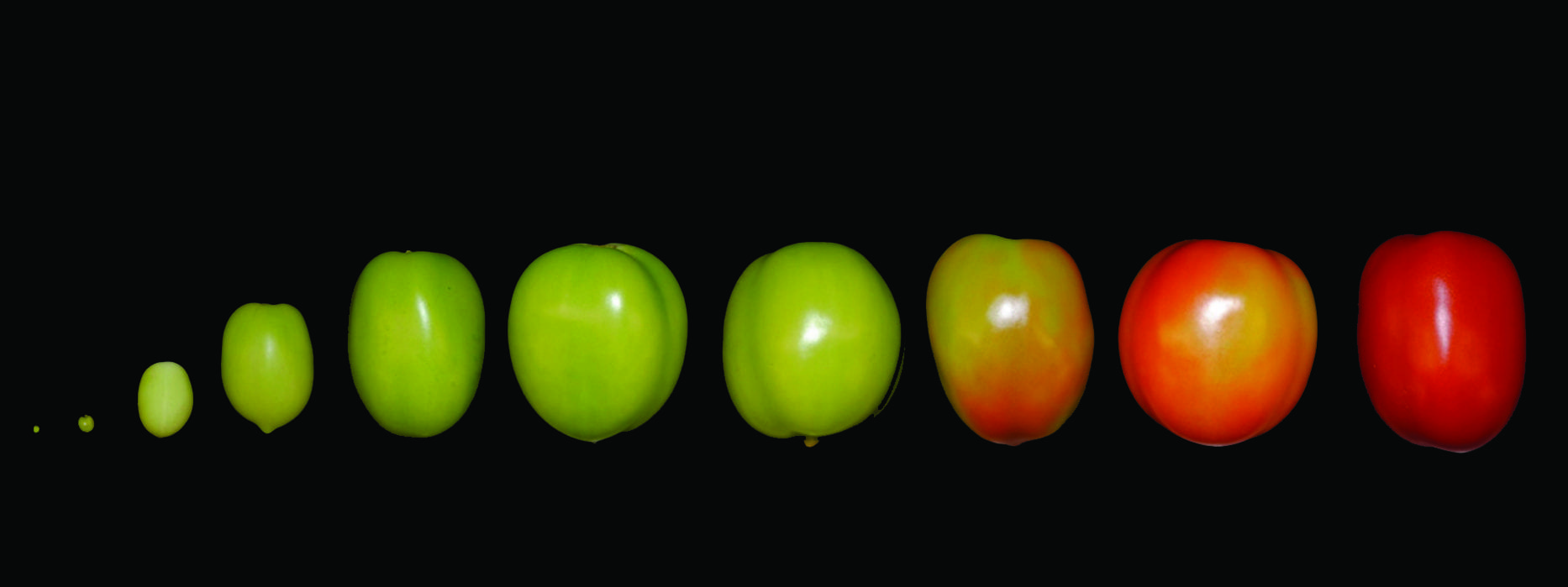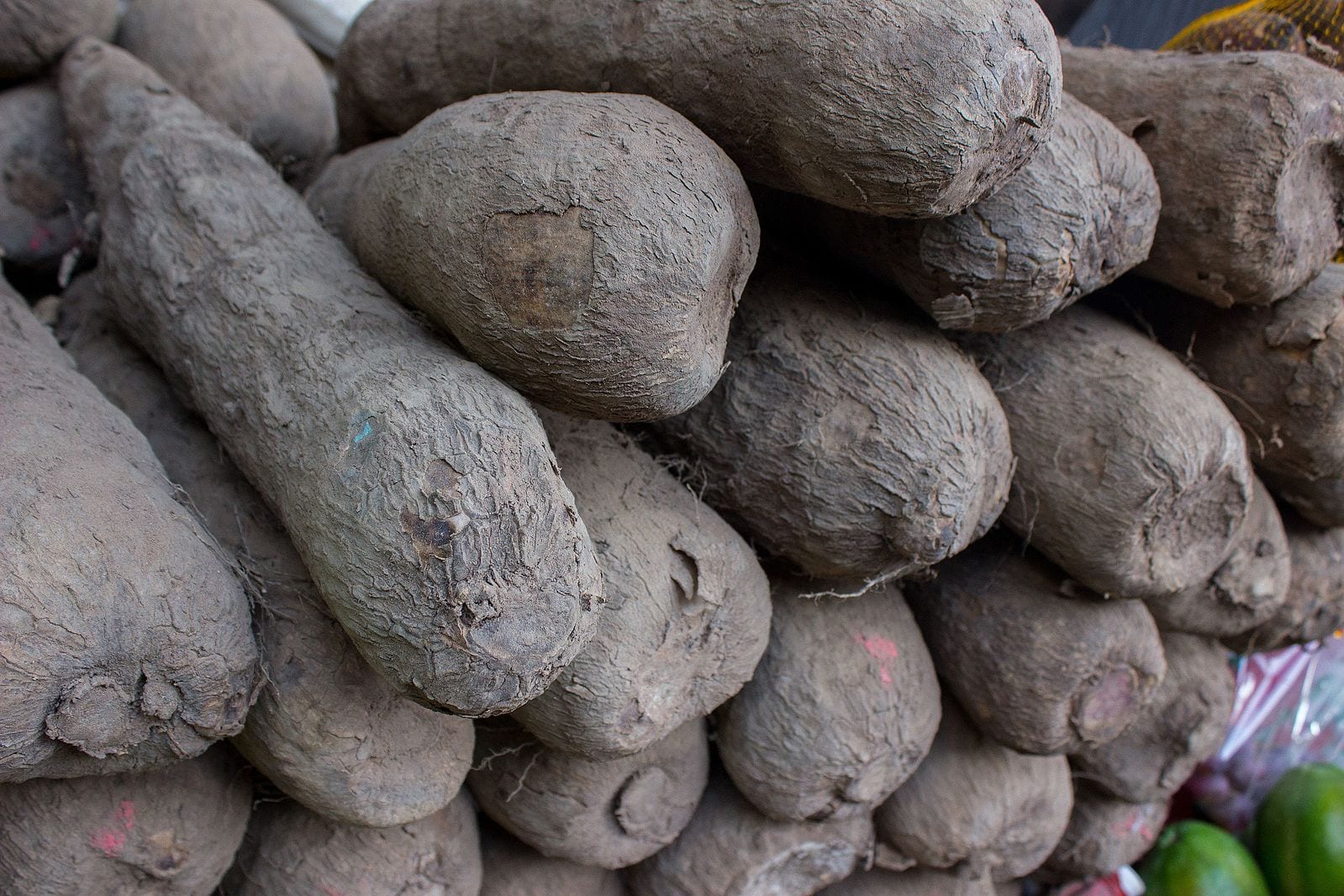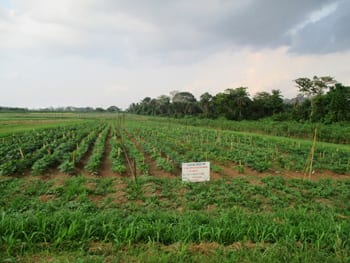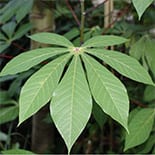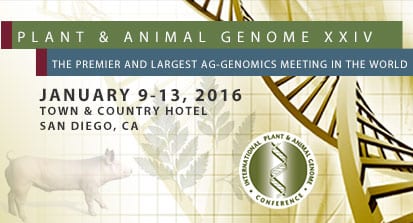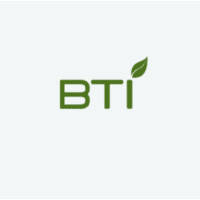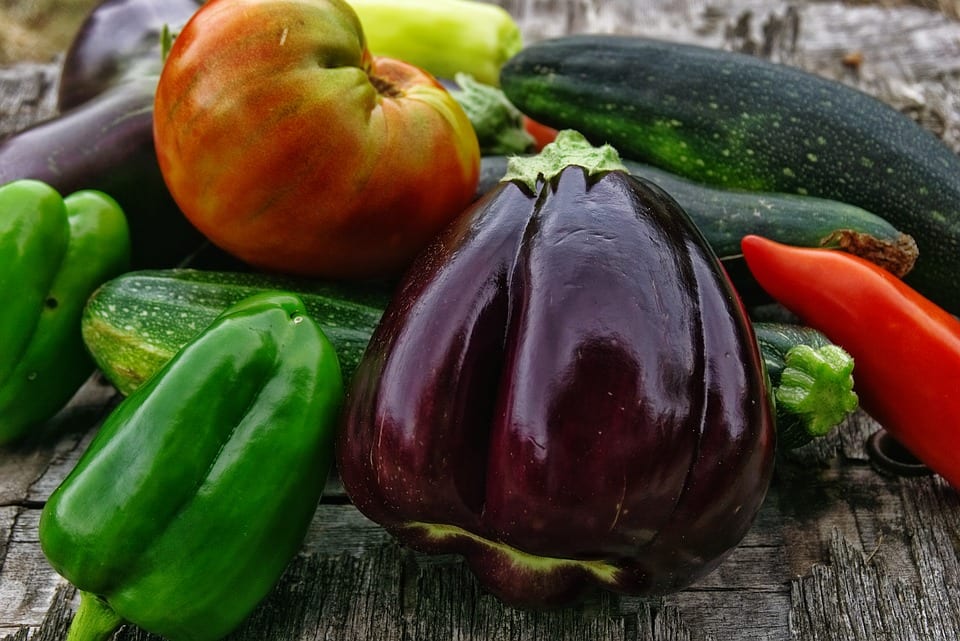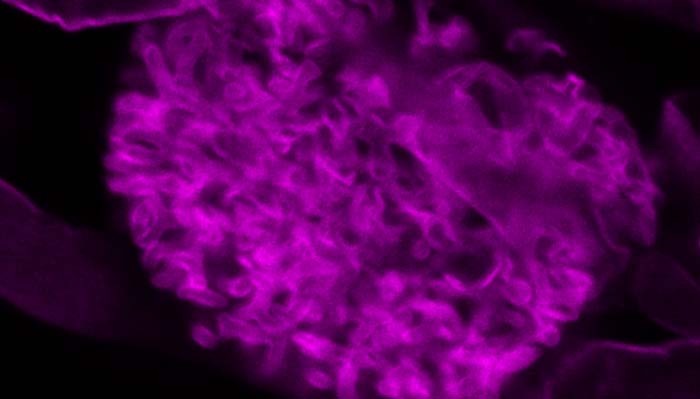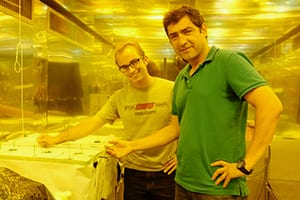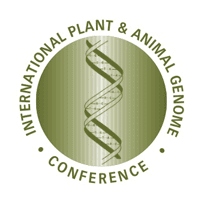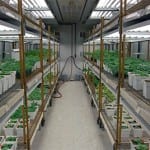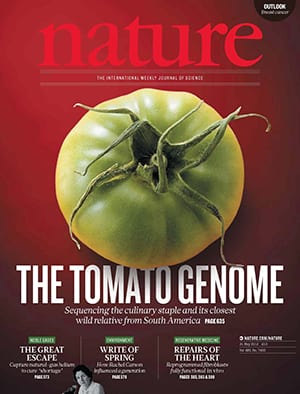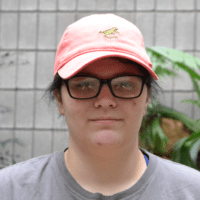
In recent years, technological advances in fields such as sequencing have transformed certain aspects of biology into an information-based discipline.
To make this abundance of data—often called Big Data—useful to researchers and breeders, it needs to be organized and made accessible. Towards this goal, the Mueller lab designs and implements databases that assist scientists in their research and plant breeders in more efficient crop improvement.
Our databases and software make transcriptomic, genotypic and phenotypic data from thousands of experiments accessible to the public, often focusing on under-researched staple crops from food-insecure regions. A method called Genomic Selection that uses high-throughput genotyping technologies, such as genotyping-by-sequencing (GBS), and large phenotyping data sets allows for rapid prediction of desirable traits in new plant crosses.
Based on these tools, the Mueller laboratory collaborates on a variety of different projects. With the Nextgen Cassava project, we have created Cassavabase, a database specifically designed for cassava breeders in Africa. We coordinate the Solanaceae Genomics Network—a compilation of all the genetic information known about solanaceous plants, such as tomato, petunia and Nicotiana. We are also developing breeding databases for yam, sweet potato and the cooking banana and we work with the Genomic and Open-source Breeding Informatics Initiative (GOBII) to streamline crop breeding for five staple crops—wheat, rice, maize, sorghum and chickpea. Finally, the Mueller group is involved in multiple genome sequencing projects, including tomato, coffee, petunia and Nicotania benthamiana.
Links:
Cassavabase
Access to data and tools for breeders and researchers, including genomic selection algorithms and analysis capacity, a cassava genome browser, cassava ontology tools, phenotyping tools, and social networking.
Citrus Greening Solutions
A systems-based pipeline approach for delivering commercial, grove-deployable solutions using a novel therapeutic delivery strategy and citrus transgenics.
Musabase
A breeding database designed for advanced breeding methods in banana breeding.
Rtbbase
A collection of Root Tubers & Banana Databases, which hold genomic and phenotypic information for next generation breeding applications.
Sol Genomics Network
A site for genome data of Solanaceae species such as tomato, potato, and pepper, and related to the tomato genome sequencing project.
Sweetpotatobase
Part of the Genomics Tools for Sweet Potato (GT4SP) Improvement Project focused on developing a set of “next generation” breeder tools for African sweetpotato breeders in Africa.
Yambase
A database about breeding data for Yam (genus Dioscorea). Yam species that are being used for breeding include , Dioscorea rotundata, Dioscorea cayenensis (both are native to Africa and the major cultivated species), Dioscorea aleata (native to Southeast Asia), and Dioscorea praehensilis, as well as several other species.
-
Breedbase software to help speed crop improvement
To help plant breeders speed crop improvement around the world, Lukas Mueller of the Boyce Thompson Institute worked with an international team of 57 people to create Breedbase, a database […] Read more » -
Wild tomato genome will benefit domesticated cousins
Wild relatives of crops are becoming increasingly valuable to plant researchers and breeders. During the process of domestication, crops tend to lose many genes, but wild relatives often retain genes […] Read more » -
Congratulations to BTI’s Spring 2022 Graduates!
We are pleased to announce that three BTI researchers received their degrees during the Cornell University commencement ceremony on May 28. Congratulations to our newest alumni! Alex Ogbonna, Mueller lab, […] Read more » -
Alex Ogbonna Wins Borlaug Scholar Award from NAPB
Boyce Thompson Institute is proud to congratulate Alex Ogbonna for receiving a 2021 Borlaug Scholar Award from the National Association of Plant Breeders (NAPB). Ogbonna is a Cornell University graduate […] Read more »
Internship Program | Projects & Faculty | Apply for an Internship













